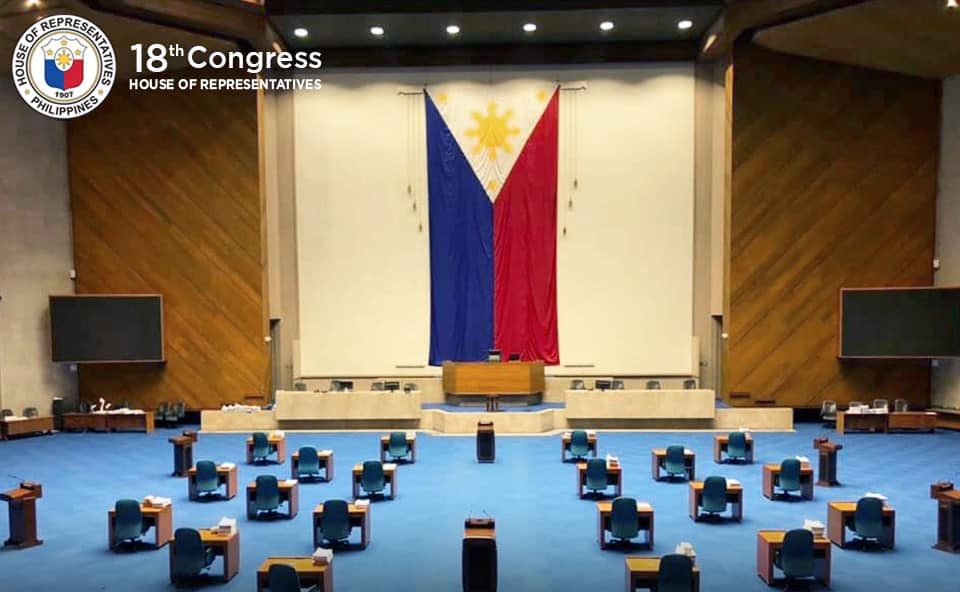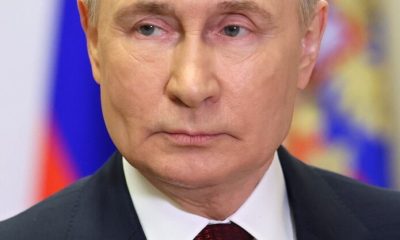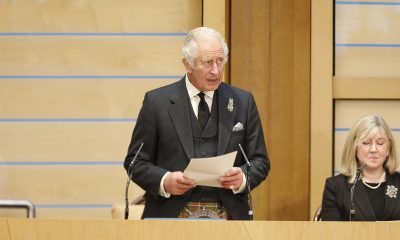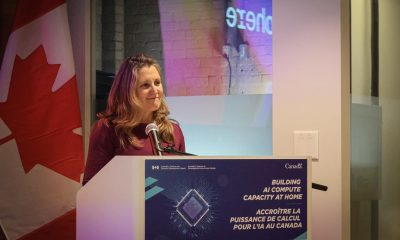Headline
House OKs proposed economic amendments to Charter

MANILA – The House of Representatives on Tuesday night approved on third and final reading the proposal to amend the restrictive economic provisions in the 1987 Constitution.
With 251 affirmative votes, 21 negative votes, and two abstentions, the chamber adopted Resolution of Both Houses No. 2, which proposes economic amendments to the Charter to open up the Philippines to direct investments that could help the country recover from the adverse impacts of the coronavirus disease 2019 (Covid-19) pandemic.
The requisite vote of three fourth from all its members has been met pursuant to the Constitution and the rules of the House.
The proposal, which is principally authored by Speaker Lord Allan Velasco, seeks to insert the phrase “unless otherwise provided by law” to several sections of the Constitution that restrict foreign ownership of public utilities, educational institutions, media, and advertising companies.
It seeks to amend certain economic provisions of the Charter, particularly Articles XII (National Economy and Patrimony), XIV (Education, Science, Technology, Arts, Culture, and Sports), and XVI (General Provisions).
AKO BICOL Party-List Rep. Alfredo Garbin Jr., the chairperson of the House Committee on Constitutional Amendments, said the proposed amendments would eliminate the “overly protective” provisions – such as foreign ownership limitations in business enterprises, including public utilities – to attract more foreign investments and to adopt policies to enable the country to compete more effectively in the global economy.
“It will contribute to our local economy, will bring in long-term capital that will significantly increase job opportunities sa ating mga kababayan (for our countrymen) and most importantly the technology transfer also,” Garbin said.
‘In time for plebiscite in 2022’
Albay Rep. Joey Salceda, a principal sponsor of the resolution, said he believes there is time to complete the legislative process in the proposal “in time for plebiscite in 2022.”
He renewed calls for the Senate to pass its own counterpart measure.
“The ball is now with the Senate. One thing the House leadership has proven with our expeditious passage of economic reforms is that we are not standing in the way of tunay na pagbabago (real change) on the economic front. Speaker Velasco has promised to be a modernizing force in policymaking, and so far, he has delivered,” He said.
Salceda also reiterated that the House has no intention to introduce political provisions in the proposed revisions.
“RBH 2 is pure economic reform. We know and understand that any political charter change will be dead on arrival. Senate President Sotto has made this clear, and we are also making our intentions and position abundantly clear,” he said.
He cited a study from the Organisation for Economic Cooperation and Development (OECD) which outlined top investment barriers, three of which are present in the Philippines because of the economic restrictions in the Constitution.
Salceda said these barriers include “foreign ownership restrictions in the law, stipulations on management, such as regulations that nationals or residents must form a majority of the board of directors, and nationality-based restrictions on operations.”
He also cited that the Philippines is the most foreign direct investment (FDI)-restrictive country in the Association of Southeast Asian Nations (Asean) region.
“We have the most doors closed of any Asean country. And we expect visitors to come. This makes no economic or logical sense,” Salceda said. “We need investments to come. So, what makes sense is to open the doors that we can.”



























